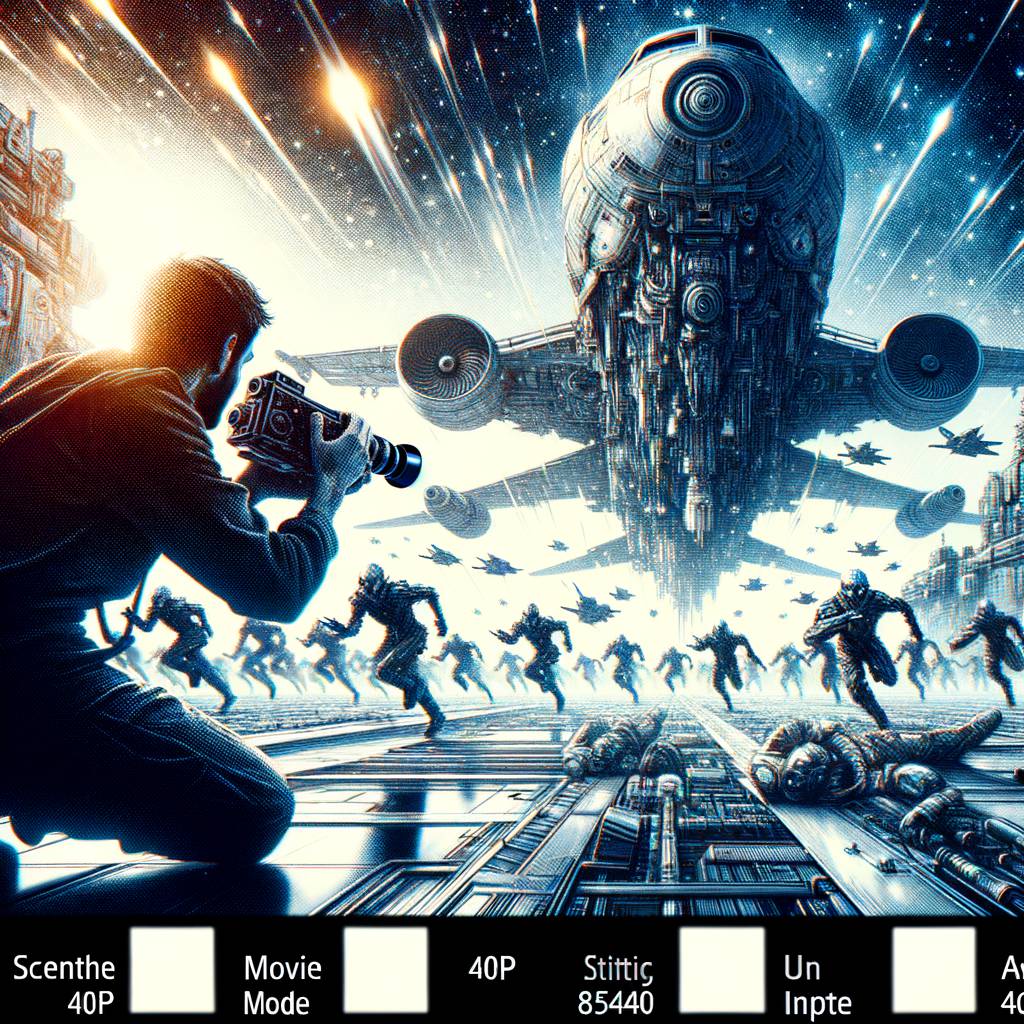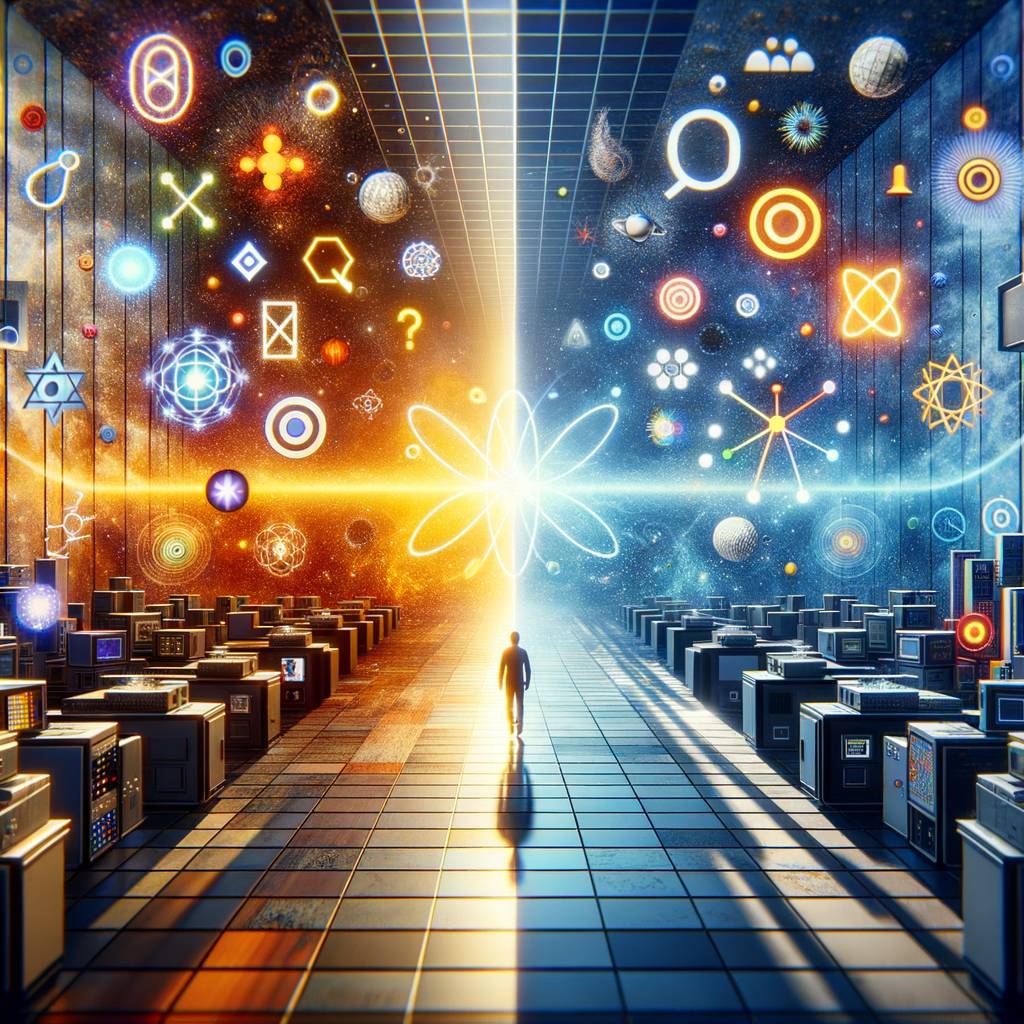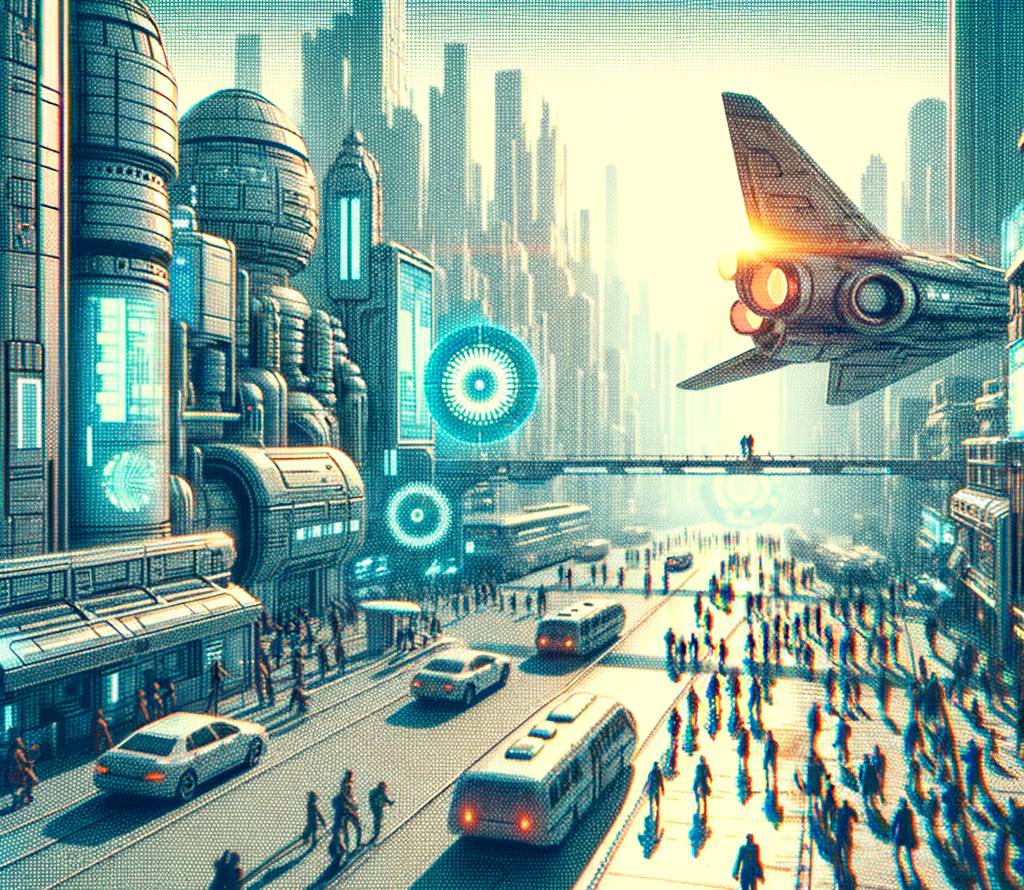What Makes a Science Fiction Work a Timeless Masterpiece?
Science fiction, a genre that has captivated audiences for centuries, has the unique ability to transport us to other worlds, introduce us to alien species, and challenge our perceptions of technology and humanity. But what distinguishes a good science fiction work from a timeless masterpiece? Let’s delve into the key elements that contribute to the enduring appeal of these works.
1. Groundbreaking Ideas
At the heart of every timeless science fiction masterpiece is a groundbreaking idea. These works often challenge the status quo and push the boundaries of our understanding of the universe. They ask “what if?” and explore the potential answers in depth. For instance, Isaac Asimov’s “Foundation” series explores the concept of psychohistory, a fictional science that combines history, sociology, and mathematical statistics to predict the future.
2. Complex Characters
Even in the most alien of settings, relatable and complex characters are crucial. These characters, whether human, alien, or artificial intelligence, often grapple with universal themes such as morality, identity, and the meaning of life. In Philip K. Dick’s “Do Androids Dream of Electric Sheep?”, the protagonist’s struggle with his own humanity in a world populated by androids resonates with readers, making it a timeless masterpiece.
3. Technological Innovation
Science fiction masterpieces often feature technological innovations that, while fantastical, are rooted in real scientific principles. This blend of reality and imagination not only captivates readers but also inspires real-world scientific advancements. For example, the concept of a communicator in Star Trek predates and arguably inspired today’s mobile phones.
4. Social Commentary
Timeless science fiction works often serve as social commentaries, reflecting and critiquing societal issues. George Orwell’s “1984” and Margaret Atwood’s “The Handmaid’s Tale” are prime examples, using dystopian futures to critique totalitarianism and gender inequality, respectively.
5. Engaging Storytelling
Regardless of the ideas, characters, or technology featured, a timeless science fiction masterpiece must tell a compelling story. Engaging storytelling, complete with suspense, conflict, and resolution, draws readers in and keeps them hooked. Frank Herbert’s “Dune” is renowned for its intricate plot and rich world-building, making it a classic in the genre.
6. Enduring Relevance
Finally, for a science fiction work to be a timeless masterpiece, it must have enduring relevance. These works continue to resonate with audiences, regardless of when they were written. They offer insights into the human condition and our relationship with technology that remain relevant in the face of societal and technological changes.
Conclusion
In conclusion, a timeless science fiction masterpiece is characterized by groundbreaking ideas, complex characters, technological innovation, social commentary, engaging storytelling, and enduring relevance. These works not only entertain but also challenge us to think critically about our world and our place in it. They are a testament to the power of science fiction to transcend time and space, offering timeless commentary on the human experience.
Footnotes:
- Asimov, Isaac. “Foundation.” Gnome Press, 1951.
- Dick, Philip K. “Do Androids Dream of Electric Sheep?” Doubleday, 1968.
- Roddenberry, Gene. “Star Trek.” NBC, 1966.
- Orwell, George. “1984.” Secker & Warburg, 1949.
- Atwood, Margaret. “The Handmaid’s Tale.” McClelland and Stewart, 1985.
- Herbert, Frank. “Dune.” Chilton Books, 1965.



